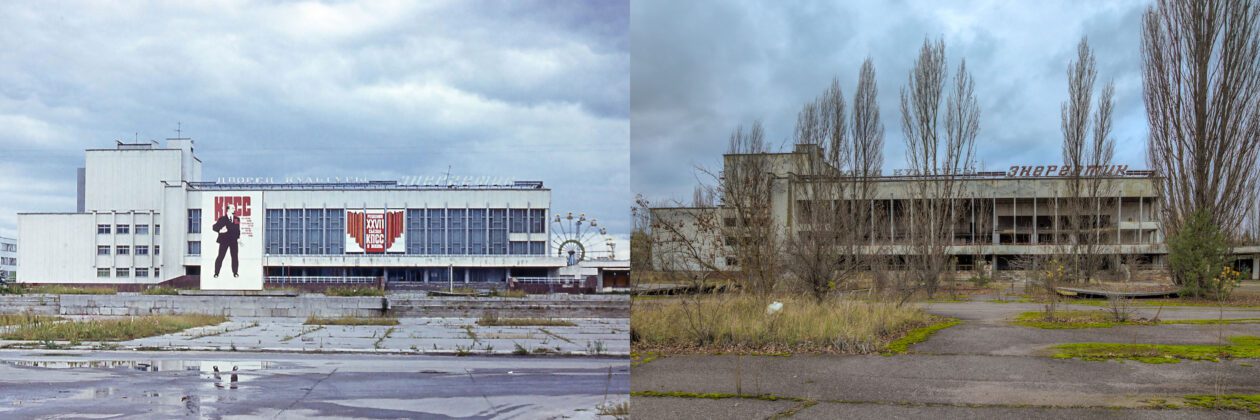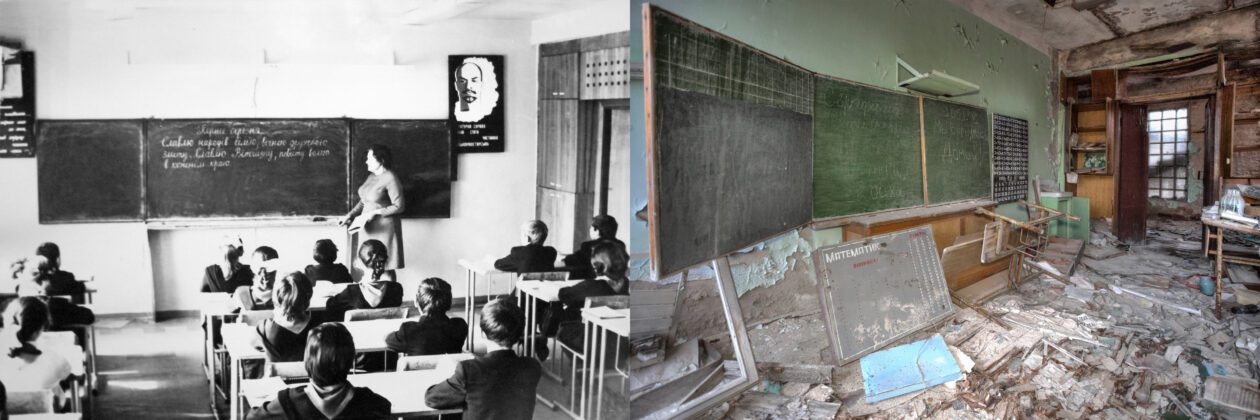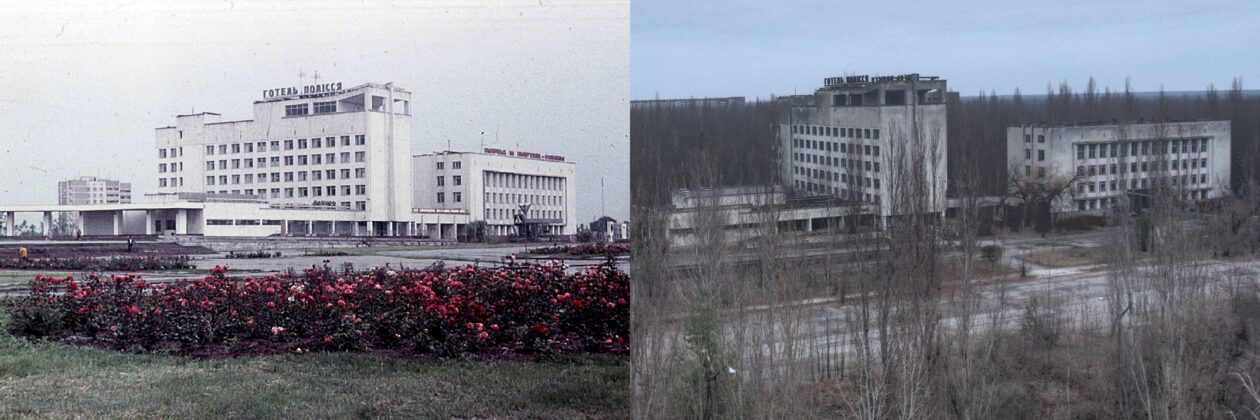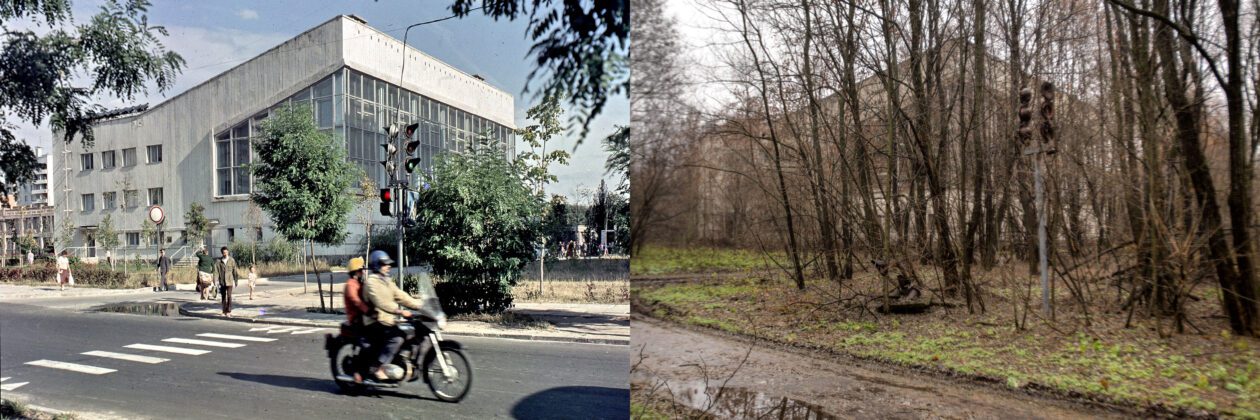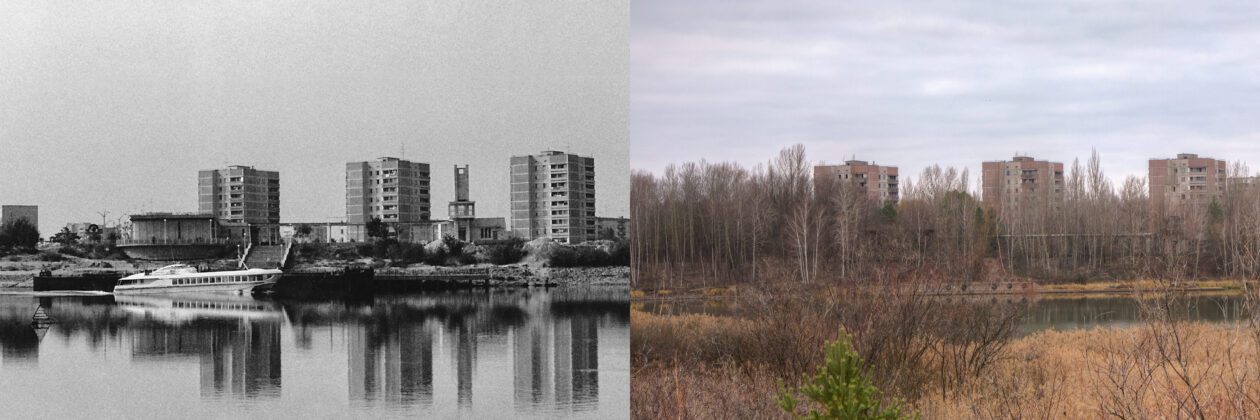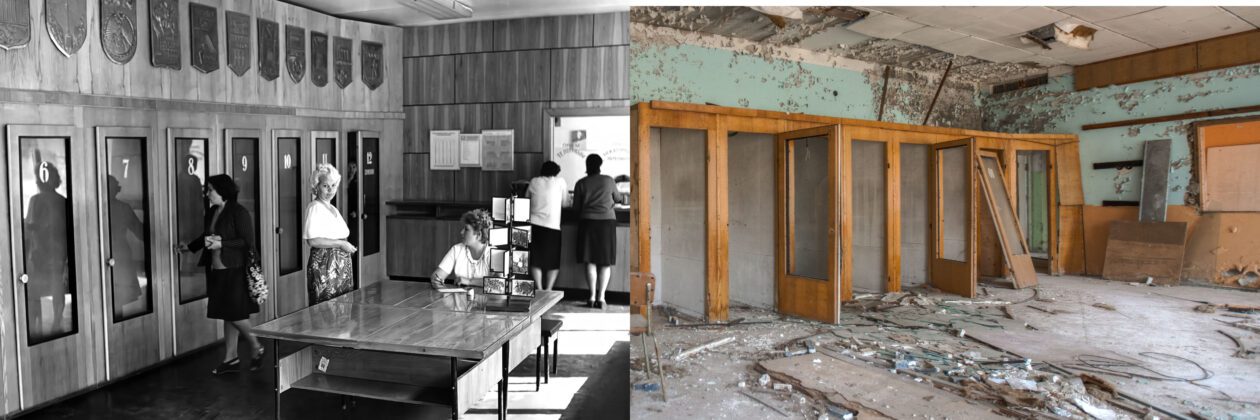 Interview with Philip Grossman, Independent Advisor Providing Thought Leadership and Solutions Architecture to the Film and Television Industry Leaders and Organizations (USA).
Interview with Philip Grossman, Independent Advisor Providing Thought Leadership and Solutions Architecture to the Film and Television Industry Leaders and Organizations (USA).
– Where and when were you born, who were your parents?
I was born in the US, in Richmond, Virginia. Oddly enough, my father delivered me. He is an ears, nose and throat surgeon, and my mother went into labor on a Sunday. The attending physician couldn’t get to the hospital on time, so my dad delivered me. I was born in Virginia, but I grew up in Pennsylvania. My father is a surgeon, as I said, and my mother is an artist. I jokingly say that I’m the middle child, so I get a bit of technology and a bit of creativity. It’s constantly pulling me either way! I have an older sister, who is an accountant for Viasat satellite systems, so tangentially in the media industry. I also have a younger brother who is the CEO of a hospital system in Florida.
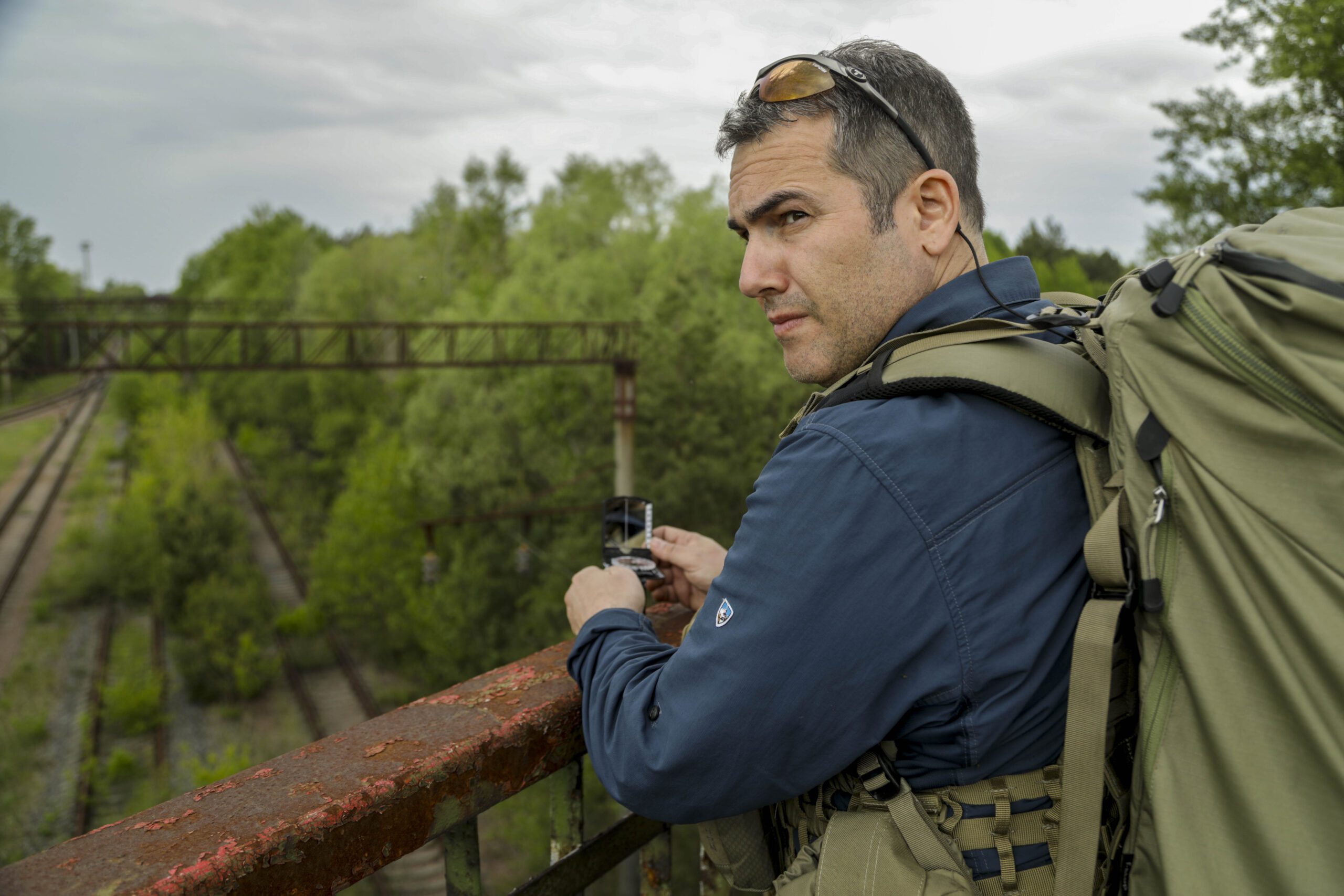
– What subjects did you like in school?
I always gravitated towards math and science. When I was a child, I used to take everything apart, because I wanted to see how it worked. Eventually, I got old enough to actually put the stuff back together. I have what is called an eidetic memory – sort of like a photographic memory, but more with shapes and sizes. As a kid, I was always trying to figure out how things worked, how to build new things
– Where did you go to university?
I went to Colorado University. I grew up skiing, so this is part of what drove me out there – I love the mountains. They also had a really unique program in architectural and civil engineering, where I specialized specifically in illumination engineering. I could do this under the auspices of Professor David Dilaura who is the type of professor I wish that every student could have. He was there for his students. That’s what he wanted to do. The program was very small, with around 10-15 graduating seniors every year. He would host a dinner in honor of the graduates and would give every senior a book that pertained to them. I got Ayn Rand’s The Fountainhead because I would always ask why we did things the way we do. There must be a different way to do it!
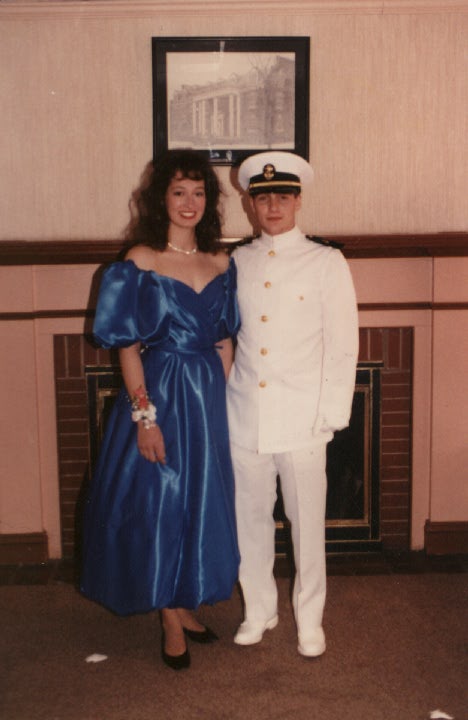
– Why did you choose this specific area of engineering?
I actually started university in Rochester and transferred. Rochester is one of the coldest places on earth, but I was also studying optical engineering. At that time, it was much more research and less applied science. I wanted to apply my knowledge to something in a creative way. This unique program in Colorado allowed me to take art and science and apply it in the real world. What drives me is that I want to solve problems. I want to design. I don’t care if it’s a toilet or a spaceship, I am designing something to solve a problem.
– Who paid for your studies?
I started off with a naval scholarship, but I had an injury, so I did not continue on the scholarship. My parents helped to pay for my undergraduate studies, and I worked summer jobs to take care of my spending.
– Did you go to graduate school? Did you pay for it yourself?
I got a full scholarship from the University of Georgia when I went to get my master’s in business administration. I had to start a couple of months earlier because I didn’t have a business degree. In the first week, we had a public speaking class, and I did a presentation tying in the room’s lighting and audio system. Afterward, the professor, who happened to be the dean of the program, said “do you have a scholarship?” The next day I had a full scholarship to the program.
– How did you decide to move to Georgia?
After I graduated from Colorado, I first moved to Philadelphia where I started doing lighting design with a company called Grenald Waldron Associates. I thought I wanted to do lighting for concerts because I love music. I wound up doing lighting design for hotels, malls, event centers… This was interesting, but not necessarily what I thought it was going to be. I first came to Georgia to visit a friend for a weekend. It was just before the 1996 Olympics, in 1994. A lot of people were moving to Georgia, it was a very young city. After a year and a half in Philadelphia, I packed my things and moved to Georgia.
-Why did you decide to get an MBA?
I shifted away from lighting design, and at that point, I was focusing on civil engineering. I did that for several years, and it was during this time that I made the decision that I wanted to get my MBA. As engineers, we are always told that we are powerful when we understand the business side. I decided to stay in Georgia, that’s why I went to UGA. Now, my sister and my parents live here. My brother is also not too far away, in Florida.
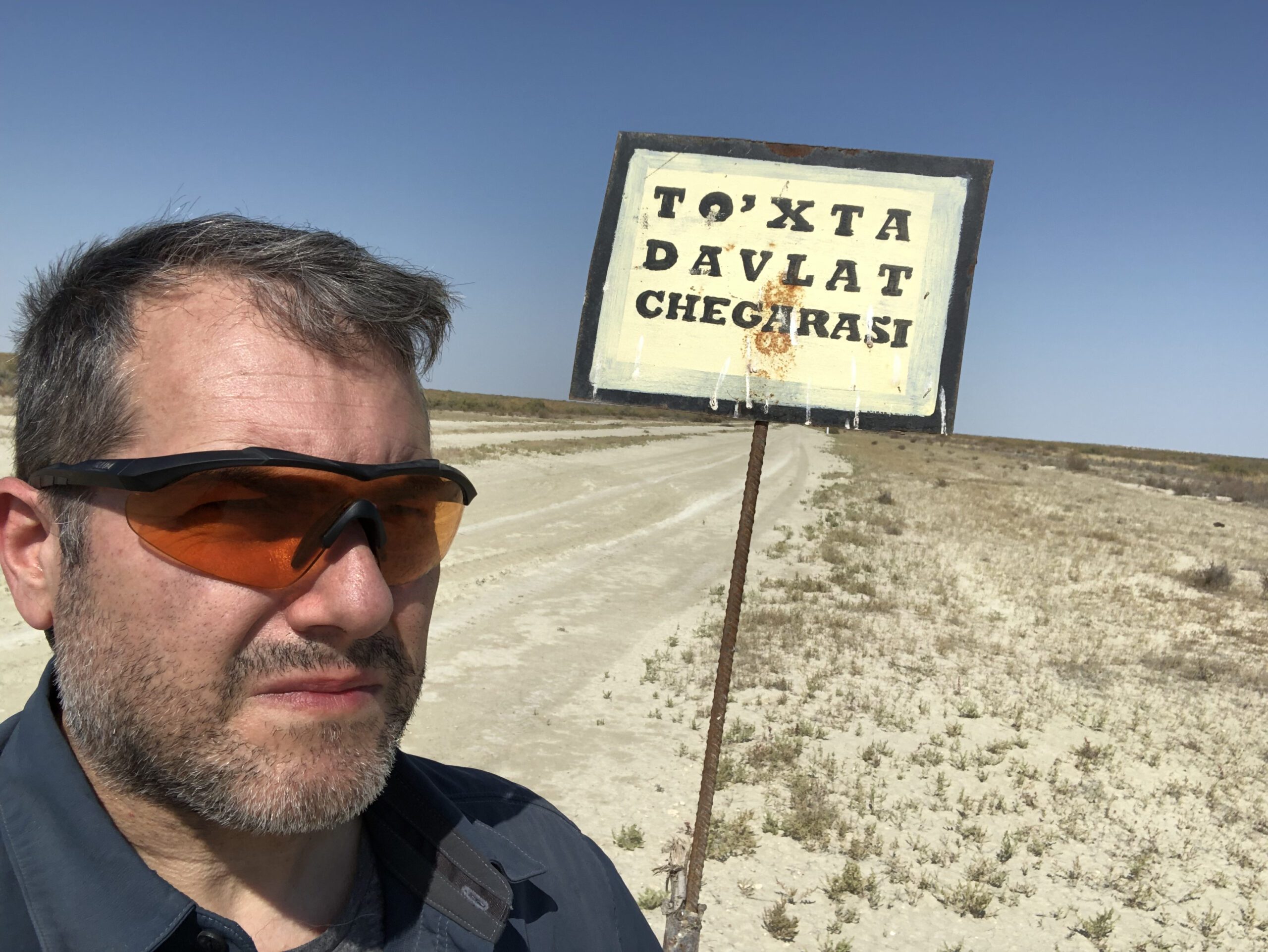
– What came next after your MBA?
After I graduated with an MBA I went to work for Ernst & Young as a senior consultant. My area of expertise happened to be media and entertainment. So, most of my clients were in the media, entertainment, and telecom industry. This is where I got the taste for the media industry, I really liked the technology. I believe that television and film are the perfect intersection between art and science. This is what drives me. I got to do really technical things that helped to do really creative things. I had lots of customers throughout this time.
– How long did you work there, and what did you do next?
After doing that for about five years, I went to work for a smaller Atlanta-based consulting firm, still in the media world. After several years, in the mid-2000s, I got the opportunity to work in a hotel group, away from the entertainment space. I stayed there for almost six years but seemed to always get pulled into the technologies around entertainment. The vice president that I worked for there became the CIO of the Weather Channel and asked if I wanted to work there. The Weather Channel has a TV aspect, a forecasting aspect, and a business aspect – they sell data as well as graphics systems. I worked with all these areas, and I enjoyed it.
– Where did you work after the Weather Channel?
I then got an opportunity to move back to Colorado to work for a company called Imagine Communications. I was there for nearly seven years as the vice president of solutions architecture and engineering. I loved working with customers and trying to design solutions to their problems. The year before Covid hit, they asked me if I would start a new advisory services division. They were looking to develop additional revenue streams for the company. I started running it in December 2019, and we had already started to line up customers and do marketing. In April after Covid hit, they decided it would be too long before we saw revenue for a new division. So, they shut it down.
– What have you been working on during the time of the pandemic?
I spent the last year doing my own thing. I also do photography on the side, so I focused on that. I think that my media background is somewhat unique: I have not only worked on the vendor side, but I have also been on the production side. I hosted and produced a television show that aired on the Discovery Channel networks across the world. During the Covid period, a production company reached out to me about an idea for a new show, so I spent a lot of this time working on that. Most recently, I have been asked by a small systems integrator in the US to help them develop a new storage product in the edit space. It’s unique in its business model, so I said yes. This is where I am at now, consulting for this new company.
– What is the main achievement of your professional career?
I am very much a content person; I like to make content. I’ve got 280 terabytes of storage in my house because of this. At the Weather Channel, I designed, architected, and implemented a ‘content acquisition and management platform’ that we won an award for. I think this was one of my first big achievements in the media industry that I was proud of.
– Another achievement I am proud of was having my own television show. I can say that I’ve had a one-hour TV special that’s been seen around the world. This has also led to me doing a lot of work with the United Nations. I’m one of the few photographers who has had a solo exhibition at the United Nations. I did that in conjunction with the 30th anniversary of the Chernobyl catastrophe.
– How did you start pursuing cinematography?
I started photography when I was a little kid. In 2010 I had been doing it professionally for about eight years, meaning that people paid me for photography. I started doing more video, as video cameras became much more accessible. At that time in 2010, I was at Intercontinental Hotels Group. My wife says this was a midlife crisis. I didn’t know what I wanted to do – my boss that I loved had left, and my girlfriend (now, wife) said I should focus on my photography and cinematography. So, I put my engineer’s hat on and thought: what could I do that was different?
– What contributed to what you did next?
Everything started to align. It happened to be at the time of the 25th anniversary of Chernobyl, I grew up near Three Mile Island in Pennsylvania, and I actually started studying nuclear power before I changed my major. My family is also from a small region in Ukraine called Ruzhyn. They came to the States at the turn of the 20th Century. Because of all of this, I said I wanted to try and go to Chernobyl. I thought it was a once-in-a-lifetime opportunity. Three months after I came back, I went again. This turned into a long-term project. I think part of it is also because I’m an engineer and wanted to know what really happened. It had become a passion project, to learn about the people that were impacted, those that stayed behind, and what technically caused the accident. It’s also grown into learning more about where I came from. Also, because I was working at the Weather Channel during this time, I got to try out many different cameras and technologies. I got to learn about storytelling, and it sort of grew over this past decade, culminating in a TV show for Discovery in 2017. I also started a working relationship with RED Digital Cinema around cinema cameras. It’s blossomed into something I really enjoy.
– Have you considered doing this as a full-time job?
Would I love to do this full-time? Yes, who wouldn’t! But for me, it is really about the storytelling and the people. It is an extension of my full-time vocation and allows me to be able to talk more succinctly with my customers. They are people who make and distribute media. It has given me more of a creative outlet to balance more of the technical side of my job. I continue to shoot and film, and that’s really what cinematography is about for me.
– Can you tell us about your family, your life outside of work?
I’m married, I have been married for five years to Elizabeth Hanson. We’ve known each other for ten years. We got married later in life, I was 40 and she was 37. She is in interior design, so she’s not technical. It’s funny because she obviously has an artistic eye, so a lot of the time she is my harshest critic. We don’t have any children, but we are very passionate about animal rescue, so we have very large dogs. We have been volunteering with the Great Pyrenees Rescue Group of Atlanta for a decade now. We have two great pyrenees; one is a 135-pound dog (Bueller), the other is 85 pounds (Lucy). They look like giant polar bears! I have actually become an internet meme because a photograph of me with our 160-pound dog on my lap went viral. The caption is usually “when you realize you may have adopted a polar bear”.
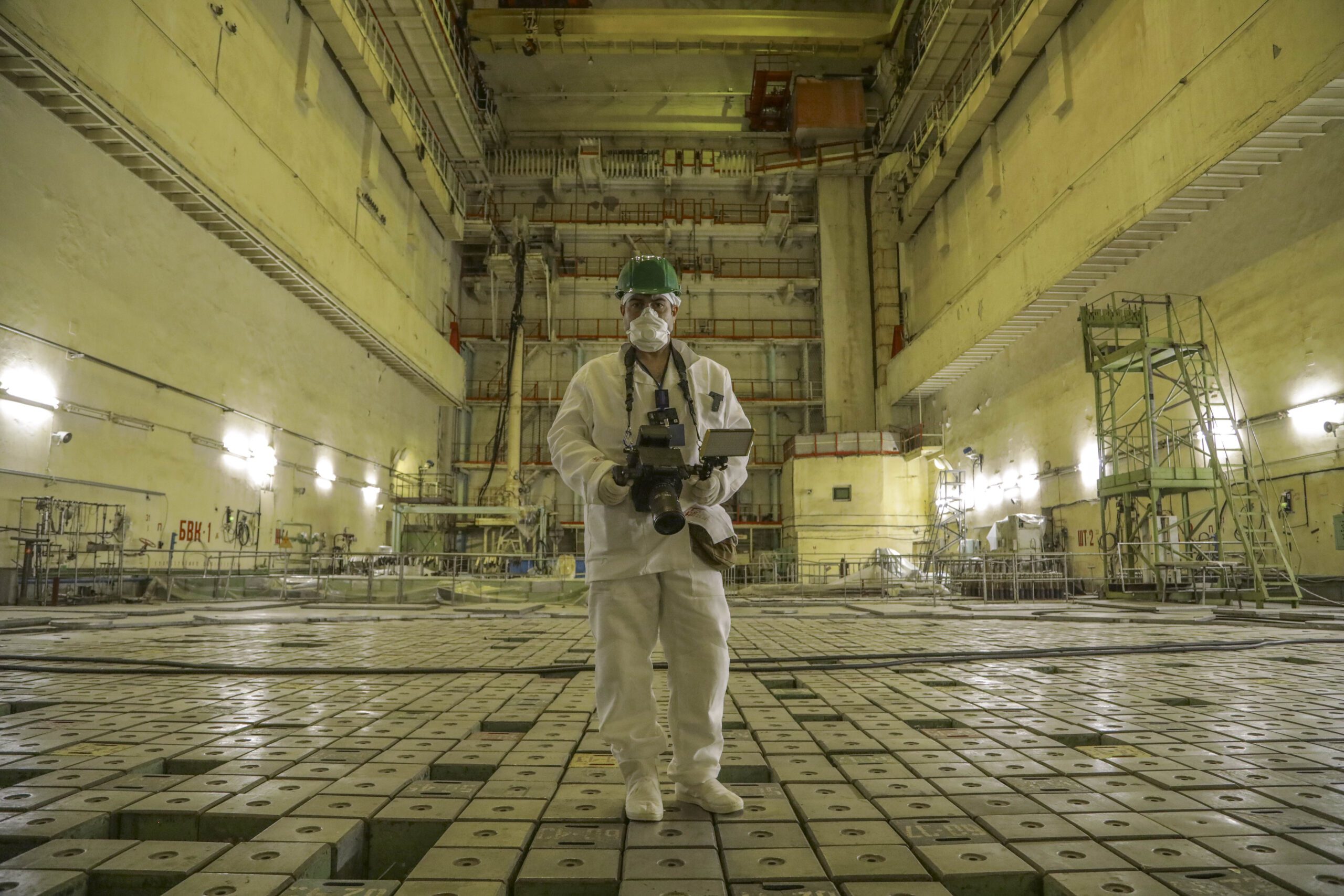
– Where did you get married?
I got married in Chernobyl in 2015. We tried to keep it quiet, mainly because it was something very personal. We did it because it was such a big part of my life, and our lives together. She had been on trips with me several times and had gotten to know the local people. One of the locals knew we were planning to get married and suggested that we do it there. My wife is the one who encouraged me to go to Chernobyl. Eventually, she was tired of hearing about it and wanted to spend time there as well. So, on a trip in 2015, some of the locals helped to arrange for us to get married in a small church.


 Interview with Philip Grossman, Independent Advisor Providing Thought Leadership and Solutions Architecture to the Film and Television Industry Leaders and Organizations (USA).
Interview with Philip Grossman, Independent Advisor Providing Thought Leadership and Solutions Architecture to the Film and Television Industry Leaders and Organizations (USA).